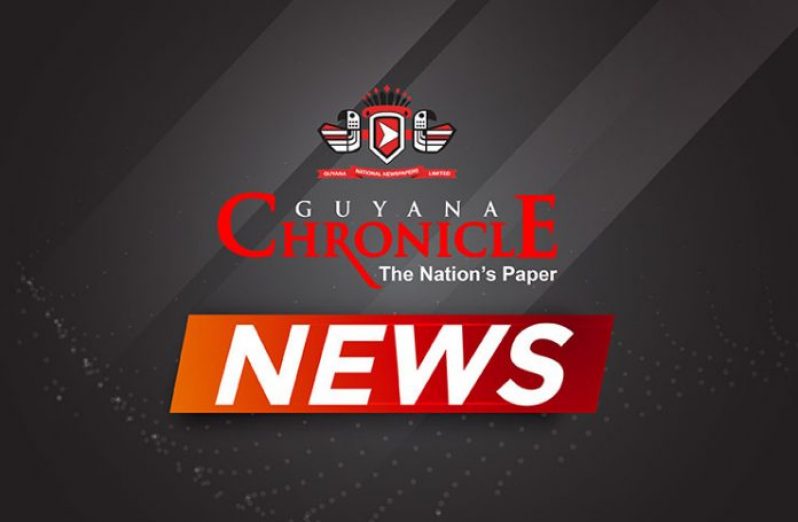THE Tourism and Hospitality Association of Guyana (THAG) and Guyana Tourism Authority (GTA) have received funding from the Latin American Trade Association (LATA) Foundation to create a Counter Wildlife Trafficking Communications Toolkit.
The toolkit is aimed at strengthening the knowledge of wildlife trafficking and the legal process of mitigating further poaching, the knowledge of the legal wildlife trade in Guyana, reduce demand for illegally-traded wildlife, and inspire action that will protect our wildlife for the country, communities and all travellers.
The project will be completed in a year, in collaboration with the Guyana Wildlife Conservation and Management Commission (GWCMC) under the Ministry of the Presidency and other stakeholders. The Guyana Wildlife Conservation and Management
Commission (GWCMC) currently manages and regulates Guyana’s legal wildlife trade.
The commission holds the responsibility for securing the future of Guyana’s wildlife through effective, sustainable management and conservation, and is doing so through a regulated licensing process that manages the wildlife trade to ensure it remains, sustainable, and a Monitoring and Compliance Division responsible for addressing instances of wildlife trafficking. Through collaboration with the GWCMC and other agencies, the GTA and THAG will develop a toolkit that can be adopted and used by locals and travellers to better identify areas of illegal wildlife trade and protect the amazing wildlife which is a vital part of our country and tourism product.
“Our wildlife helps to keep our pristine rainforest intact, helps our planet’s biodiversity
systems to thrive, supports the livelihoods of our Indigenous Peoples by being a
regulated food source, through tourism and conservation work, regulated wildlife
management, and completes the circle of life,” said Carla James, Director of Guyana
Tourism Authority.
Her statement was supported by Mitra Rajkumar, President of the Tourism and Hospitality Association of Guyana, who shared, “Our wildlife is one of our greatest attractions in Guyana and one that we need to ensure we, as humans, do all that we can to help protect them.”
Ms. Alona Sankar, Commissioner of Guyana Wildlife Conservation and Management
Commission (GWCMC) added, “Wildlife trafficking is a serious issue globally. Even with the regulations we have in place to help combat this in Guyana, we do need all citizens and travellers to play their part to help identify and reduce the amount of illegal wildlife trafficking instances that take place in Guyana.”
Illicit wildlife trade and trafficking is estimated to be a multibillion-dollar business involving the unlawful harvest of and trade in live animals and plants or parts and products derived from them. Wildlife, globally, is traded as skins, leather goods or souvenirs; as food or traditional medicine; as pets, and in many other forms.
Many countries have limited regulations, and those that do are not strongly enforced due to capacity constraints or because they are not known by the locals to help identify the instances of illicit activities. The aim of the communications toolkit is to empower locals and travellers to Guyana to better identify signs of wildlife trafficking and the process on
how to report this for further action by the relevant authorities.



.jpg)










